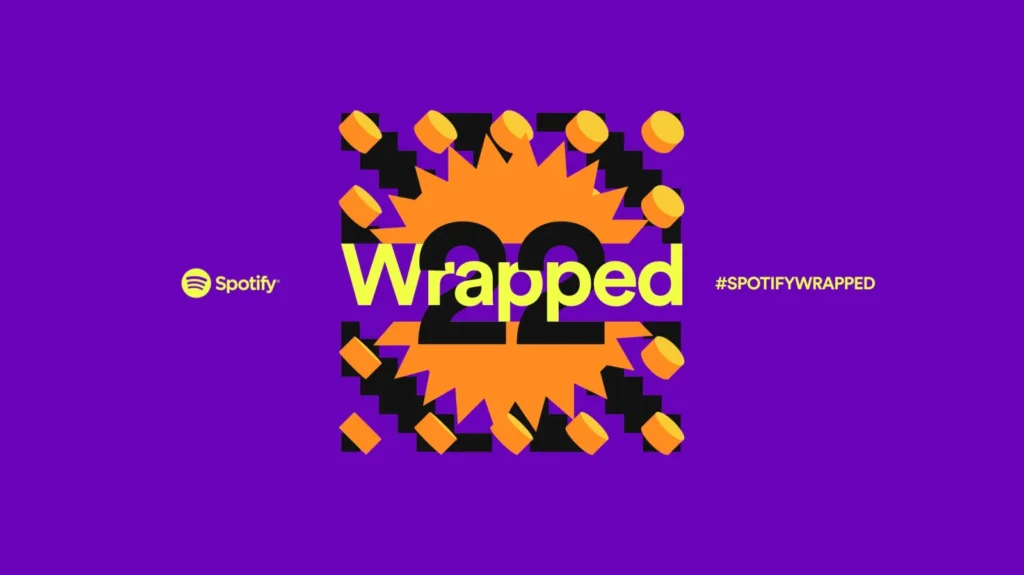Spotify Wrapped has cemented itself as a December tradition, turning a year’s worth of music listening into bite-sized, shareable insights. Each year, Spotify adds a unique twist to its presentation, sparking excitement, memes, and sometimes, bewilderment. Its newest feature, Your Music Evolution, has taken center stage—and stirred controversy.
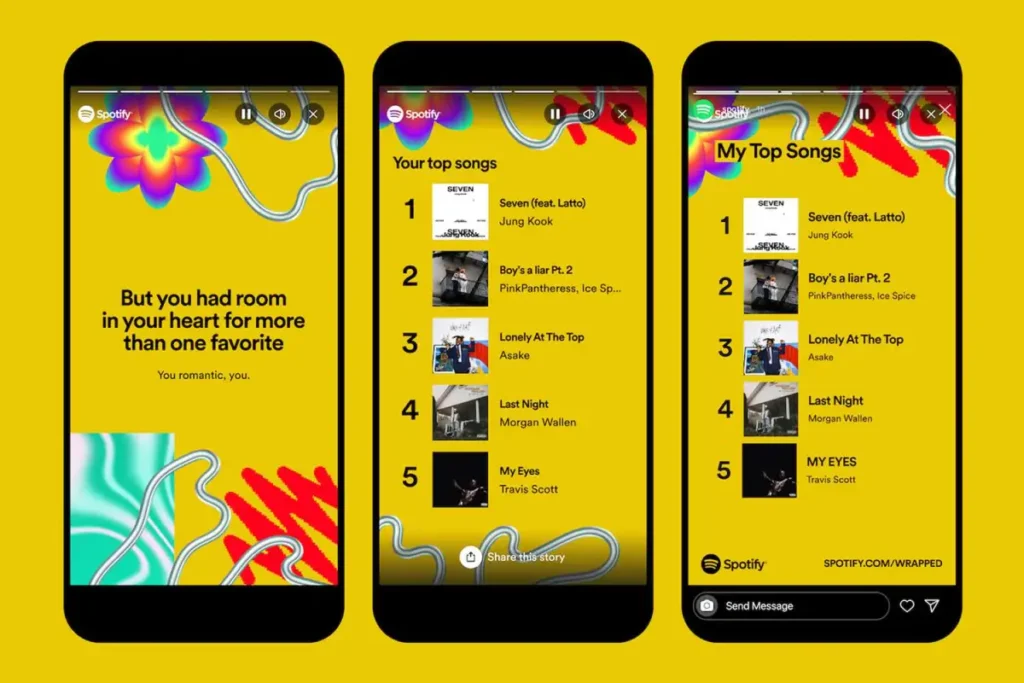
Spotify Wrapped
The feature aims to chart listeners’ musical journeys through oddly specific descriptors like “Pink Pilates Princess,” “Vampire Football Rap,” and “Wild West Banjo Outlaw Country.” These phases, part of the Spotify Wrapped experience, are linked to listening habits through Spotify’s machine learning algorithms. However, the whimsical labels have prompted both fascination and confusion.
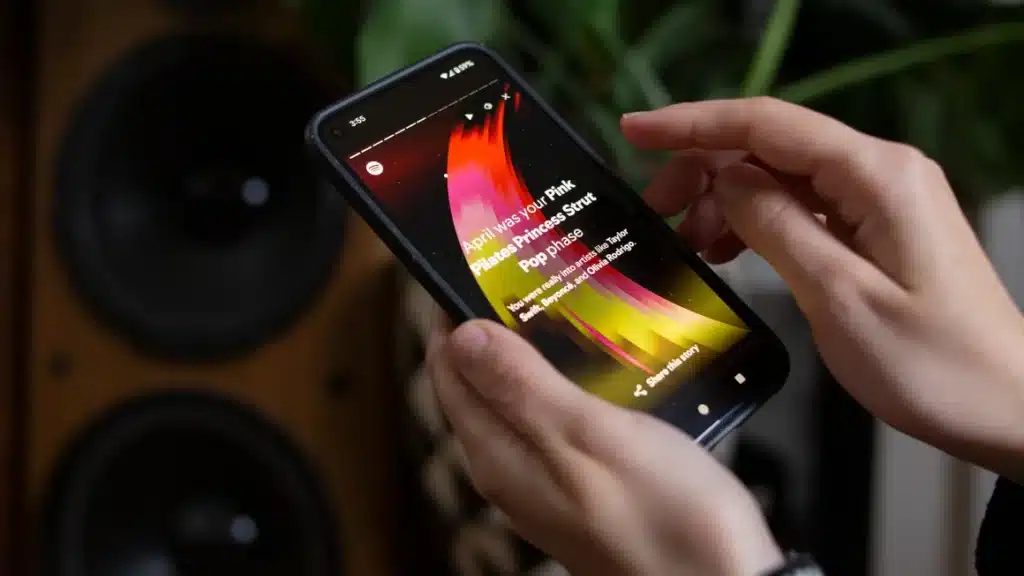
Pink Pilates Princesses and Beyond
One of the most talked-about descriptors, “Pink Pilates Princess,” has been linked to fans of pop icons like Sabrina Carpenter, Charli XCX, and Chappell Roan. While “pink” and “princess” connect thematically to Roan’s album, the addition of “pilates” has left many scratching their heads. Some speculate it’s a playful nod to the alliterative rule of threes. Others suggest it’s simply an amusing, algorithmic stretch.
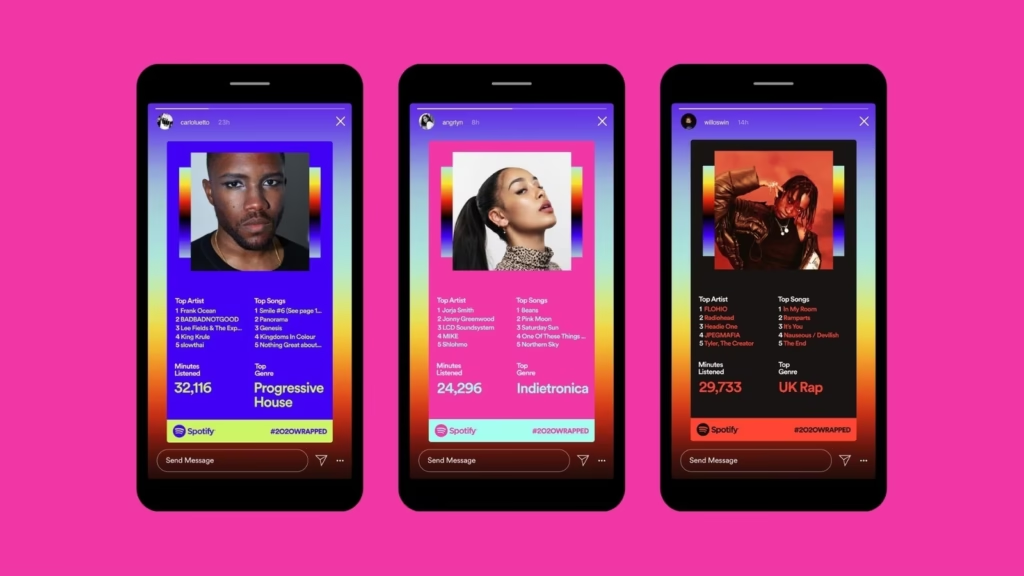
Other phases like “Vampire Football Rap,” allegedly tied to fans of Travis Scott and Future, are equally baffling. The words may hint at broader thematic elements in the artists’ music, but to many, they feel like surreal non-sequiturs akin to some Spotify Wrapped descriptions.
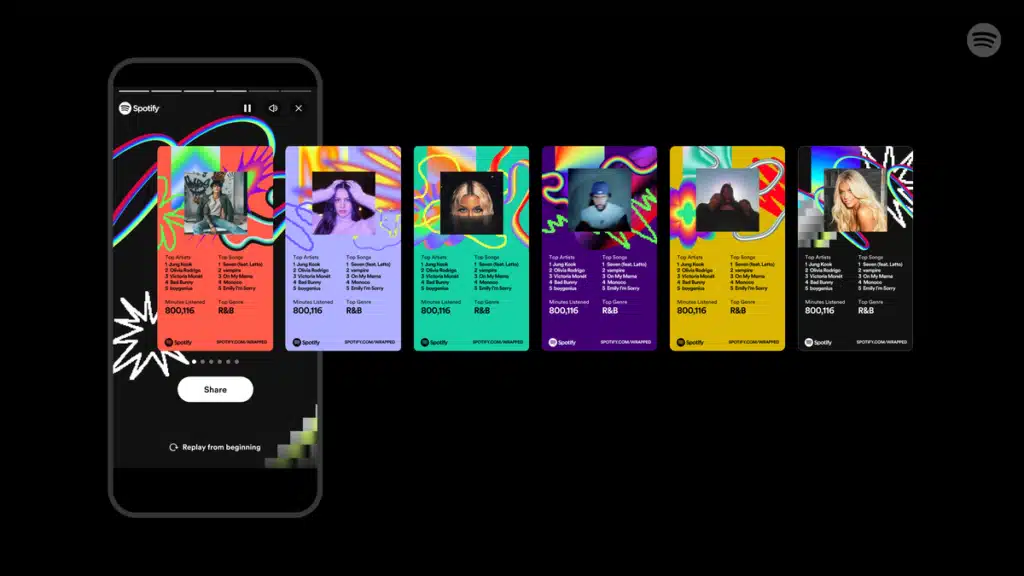
Social media reactions have been swift and divided. While some users embrace the absurdity, others feel the descriptions verge on parody. One user quipped on X: “Spotify has made listening to music embarrassing.” Another joked that their phase, “Pumpkin Spice Banjo Indie Folk,” might as well be a Starbucks order.
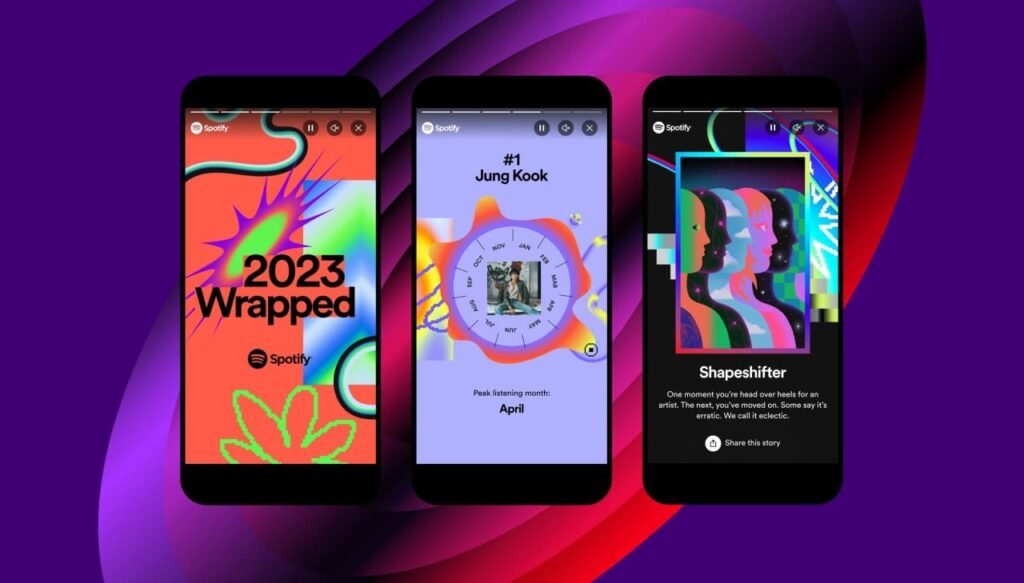
Spotify Wrapped 2024
A History of Divisive Features
This isn’t the first time Spotify has ventured into quirky territory with Wrapped. The platform introduced Sound Town, where users’ listening habits were matched to real-world cities. The results were equally mystifying, with pop fans finding themselves inexplicably associated with Burlington, Vermont.
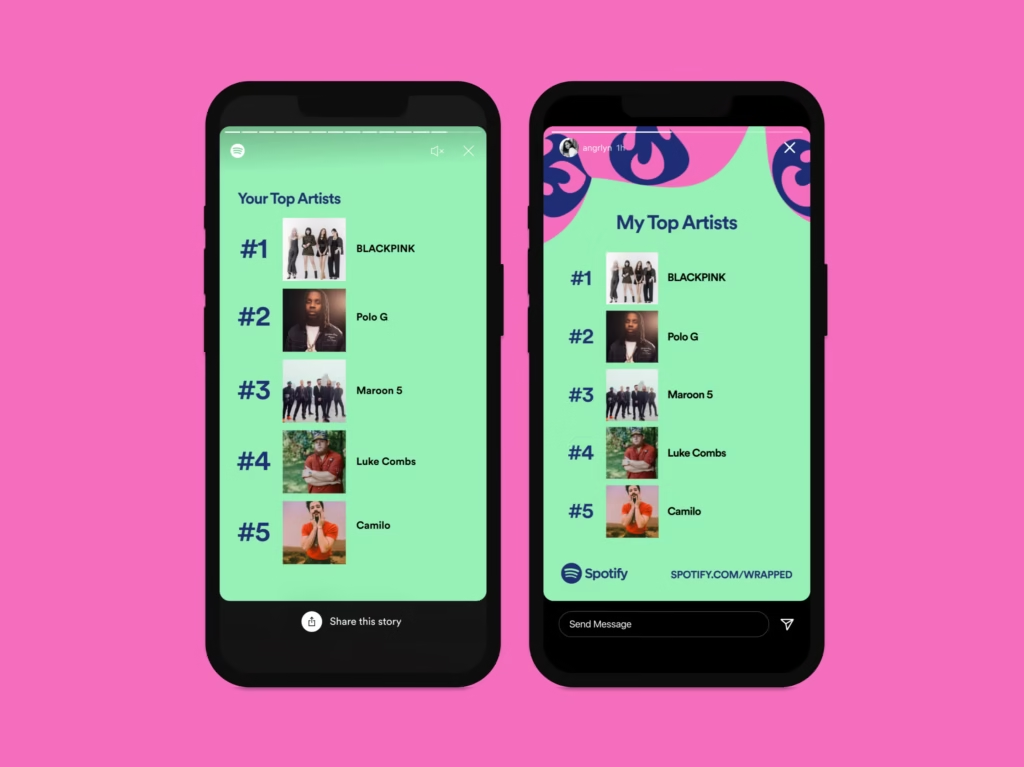
These features generate mixed reviews but have one undeniable outcome: conversation. Wrapped, especially in Spotify Wrapped scenarios, dominates social feeds each December, making the streaming platform synonymous with year-end nostalgia and self-reflection.
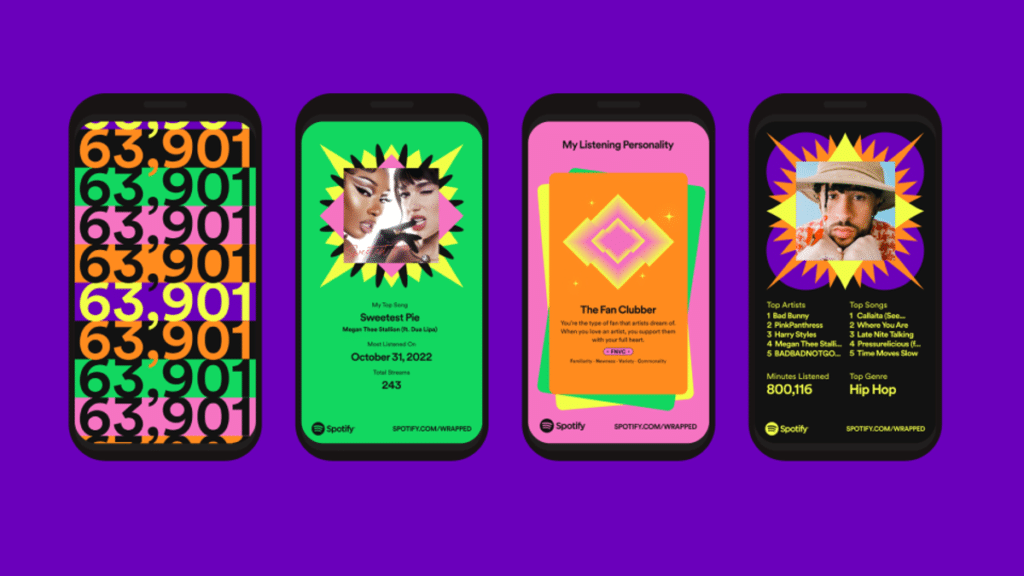
Spotify Wrapped 2024
A Cultural Moment That’s Here to Stay
Love it or loathe it, Spotify Wrapped has become a cultural phenomenon. Despite its occasional missteps, the campaign’s success lies in its ability to personalize music listening, making it feel more engaging and fun. Whether you’re proudly embracing your inner Pink Pilates Princess or side-eyeing the concept of Your Music Evolution, there’s no denying that Wrapped by Spotify has once again made music social and shareable. Who knows, you could even just listen to the latest Jamiroquai album instead.



